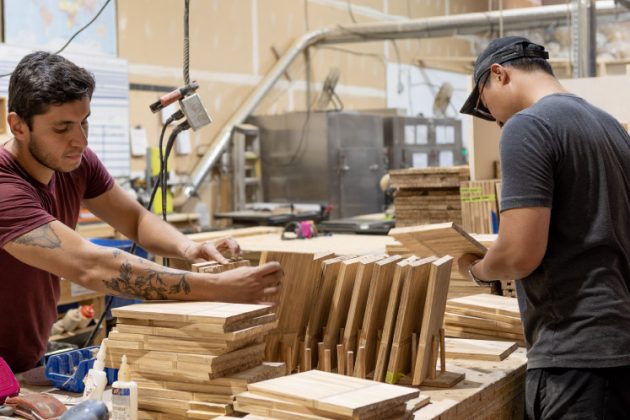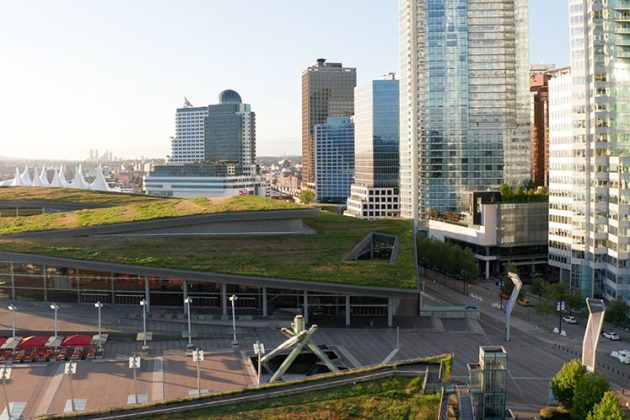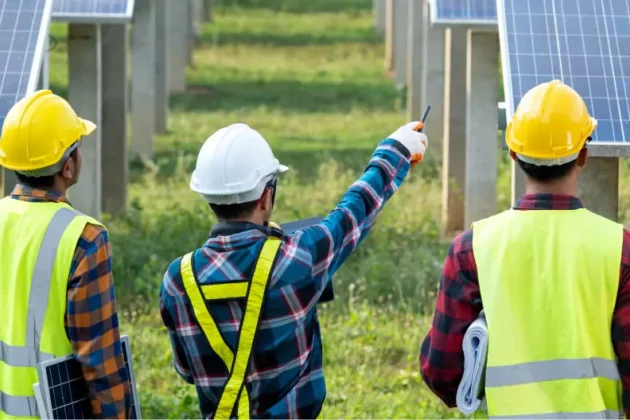The circular economy has been proven to help reduce CO2 emission and drastically reduce waste; it is urgently needed to help address the global climate emergency. Through its redesign, reuse, recycling and retooling of materials, the circular economy will create additional jobs and revenue streams while improving the region’s self-sufficiency and resilience. VEC continues to collect resources for businesses in different stages of the circularity transition.
Business of all stages looking to incorporate circular practices
National Zero Waste Council Toolkit: The National Zero Waste Council created this toolkit to serve as a how-to guide for businesses looking to enter the circular economy. This resource covers three key areas: business strategy, design innovation and stakeholder engagement. Updated August 2021.
BizBiz British Columbia: Light House Sustainability Society and the National Industrial Symbiosis Program (NISP) deliver a service where businesses may buy, sell or donate their inventory, warehouse space, equipment, and other waste with nearby businesses to earn extra income. They currently have 2,000 members, $200 million in available resources and 535,000 square feet of available space.
Canadian National Industrial Symbiosis Program (NISP): A business-to-business network that enables the capture and redirection of surplus resources.
Textile Lab for Circularity: This Leverage Lab program facilitates cross-sector cooperation within the apparel industry. It helps businesses maintain their competitive edge, become industry leaders, save, and generate income while amplifying their potential to create meaningful change. TLC is a joint venture between the non-profit charity SPEC and the B Corp Leverage Lab, with support from Vancouver Foundation.
Share Reuse Repair Initiative: Brings together government, business, and community innovators to build a culture and economy of sharing, reuse and repair in the Greater Vancouver region in order to prevent waste, support lighter living and enable circular innovation. To stay up to date on their work in the circular economy, subscribe to their newsletter.
Circular Economy Research
Construction
- The Business Case for Deconstruction (Metro Vancouver)
- Buildings as Materials Banks (EU)
- Building Deconstruction Capacity in BC: Opportunities for a Changing Industry (recorded webinar, British Columbia)
Food
- Fighting food waste using the circular economy (Australia)
- Measuring the Value of Vancouver’s Circular Economy of Food (Vancouver
Manufacturing
- Reuse – Rethinking Packaging (Global)
Textiles
- Circular Economy and Waste in the Fashion Industry (EU)
- Unravelling the Problem of Apparel Waste in the Greater Vancouver Area(Metro Vancouver)
General
- The Circularity Gap Report, 2020 (Global)
- Towards the circular economy: Accelerating the scale-up across global supply chains (Global)
- What a Waste 2.0: A Global Snapshot Waste Management to 2050 (Global)
- The circular economy: Moving from theory to practice (Global)
- Delivering the Circular Economy: A toolkit for Policymakers (Global)
- Jobs & Skills in the Circular Economy – State of Play and Future Pathways (Global)
- Waste Prevention: The Environmental and Economic Benefits for Canada (Canada)


